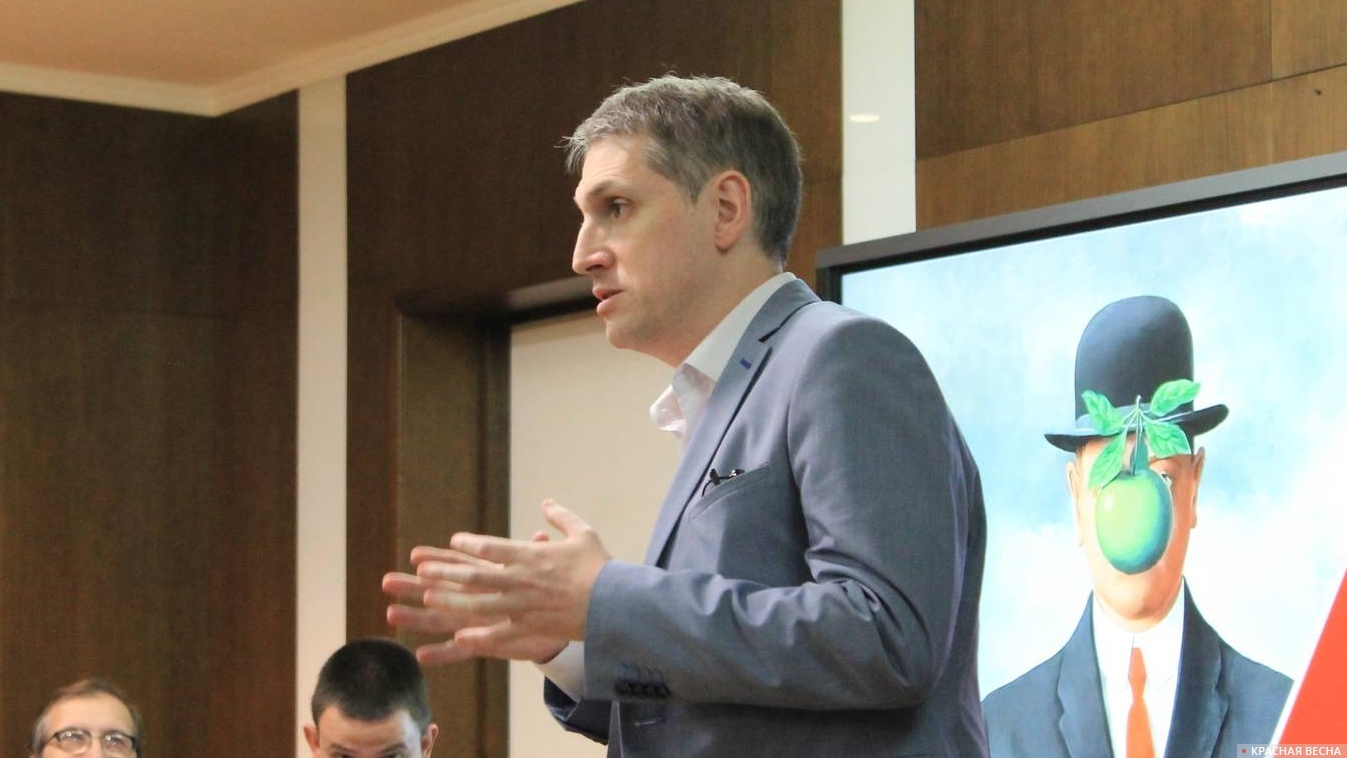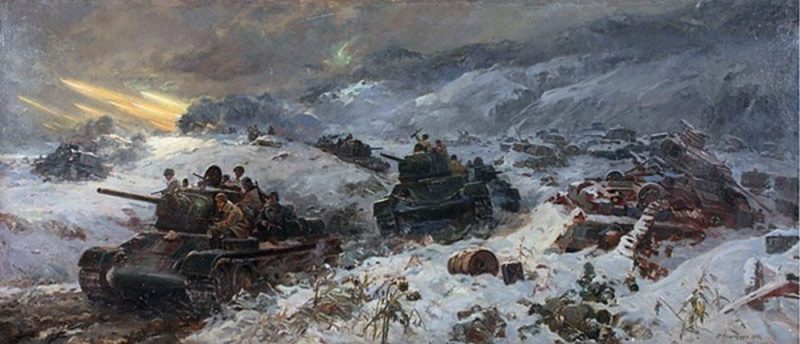27.01.2023, Moscow, Russia
The great Russian scientists, like great writers, always have dreamed about synthesis, but not differentiation, and this is the way Russia should take today in studying Man and revealing his abilities, said philosopher, political scientist and the leader of the Essence of Time movement Sergey Kurginyan in an interview to Anna Shafran on the Zvezda radio station published on January 13 on YouTube.
Kurginyan noted that the West is seriously working on the transformation of Man; however, it is doing this either through gene modification or through cyborgization, i.e. through appending technology to a usual ordinary human. The philosopher believes that Man needs to be changed, but in a different way, and the Russians have always had their own approach to this, which is alternative to the Western one.
“What is the so-called ‘pure Self?’ What does essentially govern the body, the feeling, and the thought? Where is this terminal? What is the ‘super-ego?’ Everyone became absorbed in the psychoanalysis. But what about psychosynthesis? Where does this road to true human development lead?” he said.
According to the philosopher, Konstantin Stanislavsky said that we should move “through conscious means to the super-conscious,” and together with Leopold Sulerżycki he explored this super-conscious, which is the next level after the “pure Self”.
“And then Man ascends further. He has a great deal of everything inside him! Why feed him with adrenalin if Man has it himself? <…> Even physiologically, Man can create things an artificial system cannot create. Indeed, we know all this. But this is not the only level. A truly psychologically realized Man is a super-complex system, and besides, he also exists at the metaphysical level. He indeed constantly connects to certain portals, certain interactions,” Kurginyan explained.
He told that both Russian and especially Soviet scientists worked in this direction, including Duke Aleksey Ukhtomsky, his teacher Nikolay Vvedensky, academician Aleksey Speransky, and many others. But even more interestingly, in researching Man, great Russian writers and poets followed the same path as the scientists, i.e. the path of synthesis and prophecy.
“Any Russian writer looks like a prophet, it is a continuous prophesy. And the same applies to science. Fyodorov, a humble librarian in the Rumyantsev Library, told Tsiolkovsky, ‘Listen, we will quickly teach people to how become immortal, but where will we settle them after resurrection? There will be plenty of them! Please fly right now to all the planets and look for places were we could settle people.’ Fyodorov was so convinced that Tsiolkovsky began to study this. This gave birth to the Russian cosmonautics,” the political scientist noted.
He stressed that the West irresponsibly interferes with the human genome, but it began to use this way of study through analysis a long time ago.
“The Western civilization, which was formed on this basis, formed at the moment when they divided everything into ethics, aesthetics, and gnoseology. And they said, there is truth, which is not necessarily beautiful; there is beauty, which is not necessarily ethical; there is ethics, which is not necessarily beautiful. But the Russians immediately said, ‘Well, ethics, aesthetics, and gnoseology – this is good, but where is the God? A god that would be beautiful, intelligent, and moral at the same time. Where is synthesis?’ And the Russian civilization always keeps inside this synthesis as it dreams about this synthesis, but not differentiation,” Kurginyan concluded.
Source: Rossa Primavera News Agency




